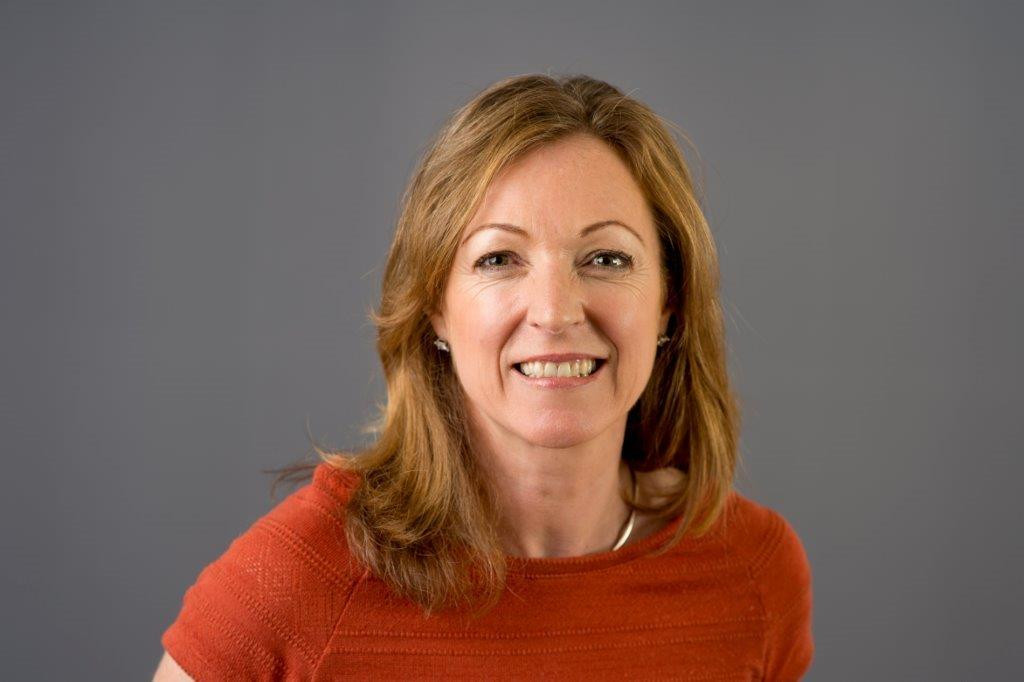Prism, Prism on the wall… pronounced the Chairman of Huawei refuting US allegations of spying, with a hat tip to Edward Snowden (CIA Surveillance Prism programme). Yes, security was a very hot topic at Mobile World Congress (MWC) 2019.
Tech wizardry was the other talk of the town – bending phones, drones, smart cities and citizen sensors comes with a price tag, so it’s fair to say most of us won’t be getting our hands on it anytime soon.
Aside from the gadgets, everyone was extremely excited about 5G. For consumers it’s going to be more of an evolution than revolution but with the right players, the benefits will be, frankly mind blowing. Big business and government must get behind 5G first – this is a big-ticket item; the bill is huge but with their impetus downstream players can unlock the commercial benefits of better decisions made faster- and then for us as consumers, the real benefits will flow.
My 5 key take-aways from MWC?
Never did this feel truer than at MWC this year and what emerged was the palpable sense that the future is bright, driven by a desire to be Inclusive, and sustainable. We are at the tipping point of technology, where it’s not just the fact that 5G is coming on stream; but that this is happening at the same time as advances in AI and IoT. We are becoming ever more connected and connected intelligently.
1. Partnerships
“You need them, and you need to choose them wisely” said the CEO of Daimler, adding “make your frenemies count”. This on the back of partnerships with Microsoft and BMW, he’s someone who should know. He’s speaking of partnerships based on trust and a shared risk. Radical collaboration, total transparency. With the sheer size of the tasks ahead partnerships are essential and what’s becoming clear is that companies are being highly selective in their choice of partnerships. Where companies like Vodafone would have had multiple partners in the past now, they focus on fewer, bigger partnerships allowing them to work at ever deeper levels together with the scale to make things happen (Vodafone announced partnerships with ARM and AT&T at the start of the conference with a view to providing access to skills in software – faster products to markets and the US market (specifically the automotive businesses) respectively.
2. We are all software companies now
Margins are their lowest ever in the telecommunications network business and with a potentially huge bill for 5G, firms are actively investigating new revenue streams via business verticals. For Vodafone it’s a focus on healthcare, for Korean Telecom it’s smart cities, for Turk cell it’s now more focused in improving local development. Software is becoming ever faster and cheaper to develop, and the cloud means companies can prototype, test and move faster to unlock commercial value, driving their continued performance and growth.
3. Disruptive data.
More than ever, we need to be data powered, data driven. Data signals permeate all walks of life and AI allows us to make sense of these and bring new disruptive models to play. It’s this kind of disruption that led to the Daimler/BMW alliance, which combines logistics, car maintenance, parking and driving to deliver a seamless transport options to consumers where and when they need it. The goal? Less cars on the streets and less pollution as society continues to urbanize apace. It’s disrupt yourself or be disrupted and as the second largest ride hailing fleet in Latin America there are signs that its resonating.
4. Empathy matters
AI and new business models require a rethink of the way we work. Across the board, companies talked of the need and the challenges of hiring the right talent. The CEO of Telstra talked of having to recruit more software engineers than exist throughout Australia. With 75% of the workforce in 2025 set to be millennials, there is a recognition that a new culture is required; flexibility, acceptance of other points of view and dynamic diversity to bring about outcomes. As technology has evolved from something that was transactional, to delivering more empathetic experiences it means we have to change how we work with employees and customers alike. The CEO of Vodafone specifically called out the industry for not listening to its customers in the past (we all well remember punitive roaming charges). It’s now simplifying, really listening and providing innovation to deliver what people want.
5. Sustaining the next generation.
Perhaps the most insightful takeaway was the “next generation of people’s view” in how naturally they think of using technology to apply learning from one sector to another. Arm run a program to get kids engaged in discussing “where to next”. It is driven by the insight that as technological innovation takes a while to come to fruition you are better off asking those who it will impact most as to where it should go. On stage, we heard from a panel aged 11-15. 4 young CEOs who have set up companies that educate on cyber security, healthcare and coding. All problem solving unbound by silos and traditional structured work processes. More humbling still was their shared a commitment to reach the under-served (the sick, the old and those with no access to infrastructure), cautioning as one of them said “to build securely for unintended consequences as they are the ones who will have to fix it!”.
Overall, there was a palpable excitement at this year’s show. Finally, after many years of talking about this technology, we are at the juncture to make it a reality and will all benefit from being intelligently connected.
